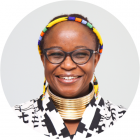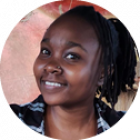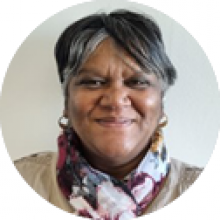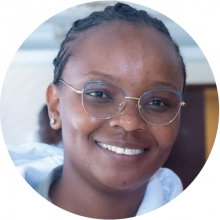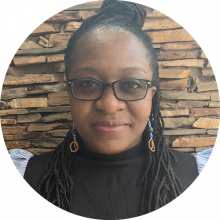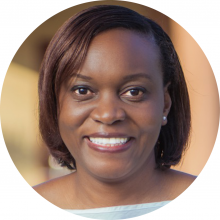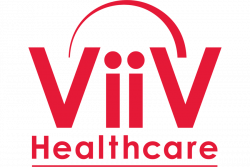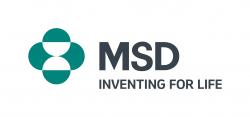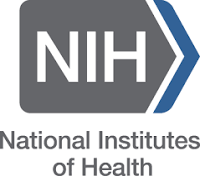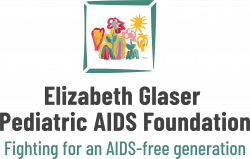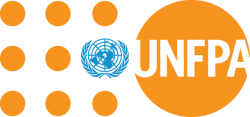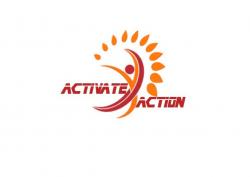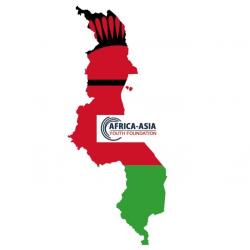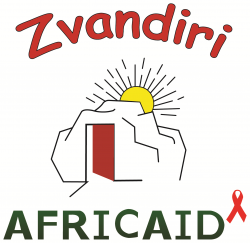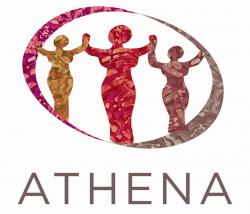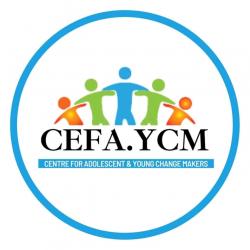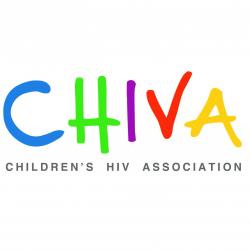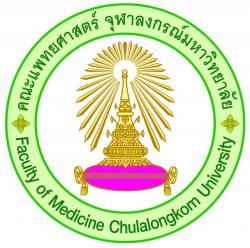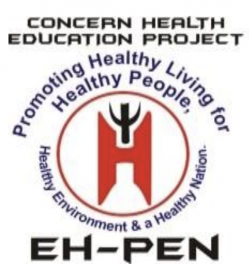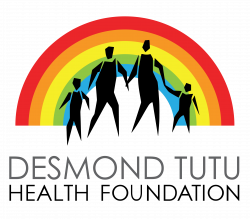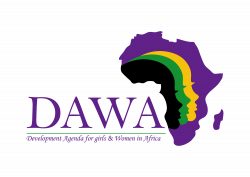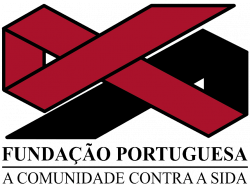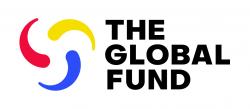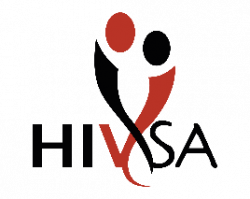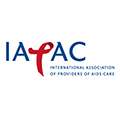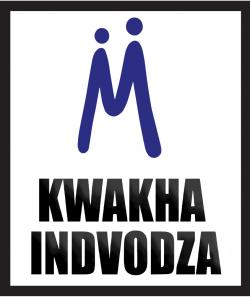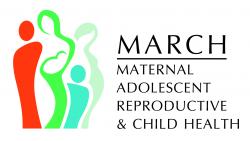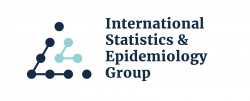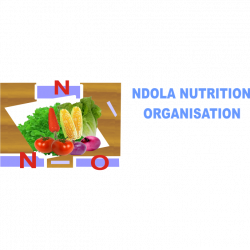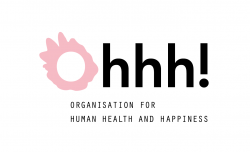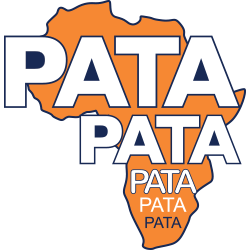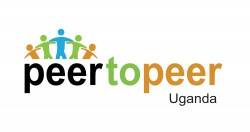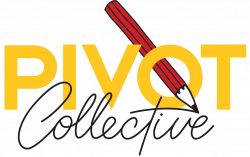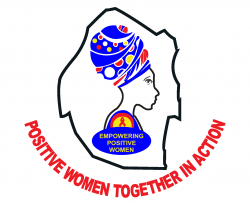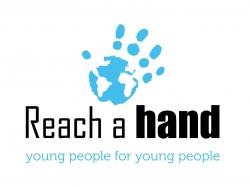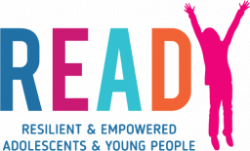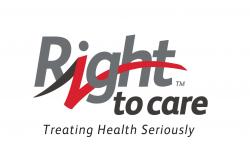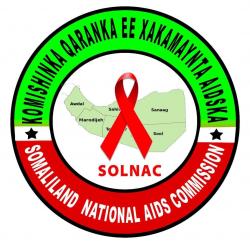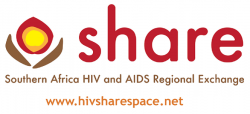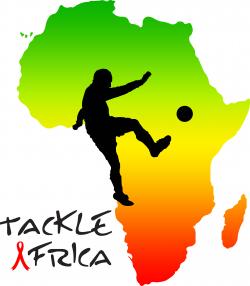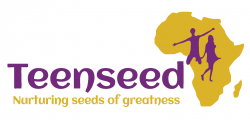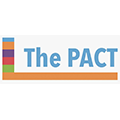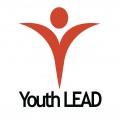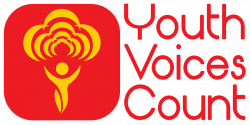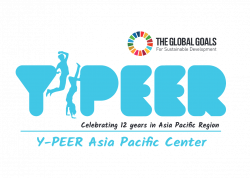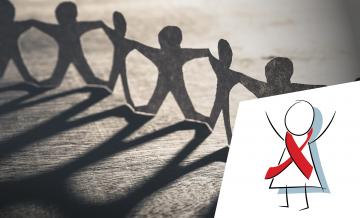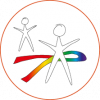
International Workshop on HIV & Adolescence 2022
Related Enduring Materials
Wednesday, 5 October 2022
Thursday, 6 October 2022
Welcome
Adolescents are developmentally at a difficult crossroads, which makes it challenging to attract and sustain adolescents’ focus on maintaining their health. Every effort must be made to engage and retain adolescents in care so they can improve and maintain their health for the long term.
The medical advances that have transformed HIV treatment into a manageable disease have yet to alter the stark reality for young people within underrepresented populations, particularly in low- to middle-income countries, such as those in Sub-Saharan Africa. Even as AIDS-related mortality has decreased overall in recent years, AIDS-related deaths among adolescents increased by 50%. In other words, AIDS is far from over - especially for young people.
At major meetings, advances in HIV management focus mainly on either adults or children, often excluding adolescents as an underrepresented population. We have initiated the International Workshop on HIV & Adolescence to meet this need for international interchange and advance the field by addressing challenges with innovative solutions.
This workshop is set up as an inclusive summit for multidisciplinary experts working with adolescents affected by HIV. The objective will be to share experiences, knowledge, and best practices to define a pathway forward for optimizing the care of adolescents living with HIV.
The program will cover the entire spectrum of developmental changes in adolescents including social, behavioral, physiological, and biological aspects, and the impact of an HIV-positive status. Prevention programs, testing, treatment, and support services among adolescents shall be discussed. The barriers encountered in delivering these services and ways to mitigate these barriers shall be key areas of discussion during the workshop.
Workshop Chairs
• Clinicians and other HCP’s involved in care of adolescents living with HIV;
• Researchers;
• Adolescents and youth;
• Policymakers;
• Programmers;
• Implementing partners;
• Community representatives; and
• (Non-)Government representatives.
• Facilitate the meaningful engagement of adolescents;
• Explore research design solutions for adolescents, including the use of program data;
• Translate the latest research results into best practices to optimize interventions and services for adolescents;
• Identify evidence-based practices that can be translated into programs, policy, and guidelines;
• Highlight the importance of bridging the gap between research and implementation;
• Share experiences with taking innovations and interventions to scale; and
• Stimulate networking and the formation of collaborations.
• Describe the challenges and barriers faced by adolescents affected by and living with HIV, including systematic and structural barriers;
• Identify effective strategies for youth engagement and leadership to improve health services, implementation of programs, and research;
• Summarize the latest research on new therapeutics and innovative services and their potential impact on adolescent health;
• Describe ways to scale up interventions, and improve the quality and sustainability of programs;
• Identify the need for psychosocial support and how to implement interventions to improve mental health services for adolescents and young people affected by and living with HIV;
• Discuss the role of technologies and mHealth for improved communication and engagement of adolescents and young people in health services; and
• Reflect on how to address challenges and barriers in their own setting along the whole HIV cascade from prevention, testing, and treatment, to care and support.
Any individual who feels discriminated against, harassed, disrespected, or marginalized is encouraged to report the incident(s) to VE and AME via info@amededu.com or to one of our on-site personnel.
Any participant who is found to have exhibited any inappropriate conduct or behavior against others may be removed from the program.
Practical Information
31 Brickfield Road,
Cape Town, 7935, South Africa
Distance from Cape Town International Airport: 9.32 km
Translation will not be provided.
Registration is now closed.
Please subscribe to our newsletter for the latest updates.
Fees and Conditions
|
Academia |
RLS |
Industry |
|
|---|---|---|---|
|
Early Fee (payment before/on 4 April 2022) |
€495 |
€123,75 |
€1645.00 |
|
Regular Fee (payment before/on 4 October 2022) |
€895 |
€223,75 |
€2045.00 |
|
Same-Day Fee (payment before/on 5 October 2022) |
€995 |
€248,75 |
€2145.00 |
|
Discounts |
|
|---|---|
|
Early-Career Investigators / Academia from Resource-Limited Settings (RLS)* WITH an accepted abstract |
Fee Waived |
|
Early-Career Investigators / Academia from Resource-Limited Settings (RLS)* WITHOUT an accepted abstract |
50% Off Current Academia Fee |
|
NGO Representatives / Government Representatives (i.e. MOH, NIH, NIAID, etc.) / Advocates |
50% Off Current Academia Fee |
|
Members of Endorsers |
25% Off Current Academia Fee |
|
Sponsors |
Contact Secretariat |
|
Youth |
|
|
25 years of age or younger |
Fee Waived |
|
30 years of age or younger |
50% Off Current Academia Fee |
If you are eligible for a discount, please contact the conference secretariat Magda Sevlidou at magda.sevlidou@amededu.com for the special registration code.
*Countries included in the low-income and middle-income economies list of the World Bank Classification
Important
-
We strongly advise that you register early to ensure that your registration is confirmed.
-
Submission of your online registration does not guarantee that your registration has been accepted. Your registration is final when full prepayment has been received and a confirmation of your registration has been sent.
- Digital workshop pack, including abstract book and program book
IMPORTANT:
- No day rate is available.
- Payment can only be made by credit card.
- Virology Education reserves the right to cancel improper registrations. Claims for a refund will not be honored.
IMPORTANT: The registration fee is waived for the presenting author only.
To be eligible as early-career investigator, one should be a current Master/PhD student or have obtained an MD/PharmD/PhD degree in the last five years. An application form (available below) needs to be completed by a supervisor and received by the Virology Education secretariat at least two weeks prior to the start of the workshop. Virology Education will contact the young investigator with instructions regarding the registration procedure.
- Cancellation before/on 5 September 2022: 50% refund (minus an administration fee of €40)
- Cancellation after 5 September 2022: Unfortunately, no refund will be given
If you are unable to attend the conference, a substitute delegate is always welcome at no extra charge, provided that a letter of authorization from the original participant has been received and the conference secretariat has been notified of the name of the substitute delegate before 15 September 2022. A statement (email/letter) of cancellation must be sent to Virology Education.
1. Proof of accreditation
2. Valid identification (e.g. passport)
3. A letter from your assignment giver stating the details of your assignment (e.g. editor)
4. At least 3 previously written assignments in recognized outlets on HIV. If you are a freelance journalist, the assignments can be from different (recognizable) news outlets. Links to online publications are accepted
5. The website of the publication(s)/blog(s) that will be featuring your story on this workshop
A free or reduced registration fee may apply for accredited media participants depending on availability. Preference will be given to credible print and online news sources. Please contact the conference secretariat for registration conditions.
We would like to receive a copy of your workshop report/ article once it is finalized.
All credentials will be verified by the Organizing Committee of the Workshop. Media representatives are kindly requested to register by sending the above-mentioned information to info@amededu.com.
Important: Media is restricted to the written press. Recording on film or photo is not allowed. Virology Education will request a copy of the written piece once it is finalized. Media representatives must also agree to abide by the 2022 embargo policy.
The Abstract Submission Portal is closed!
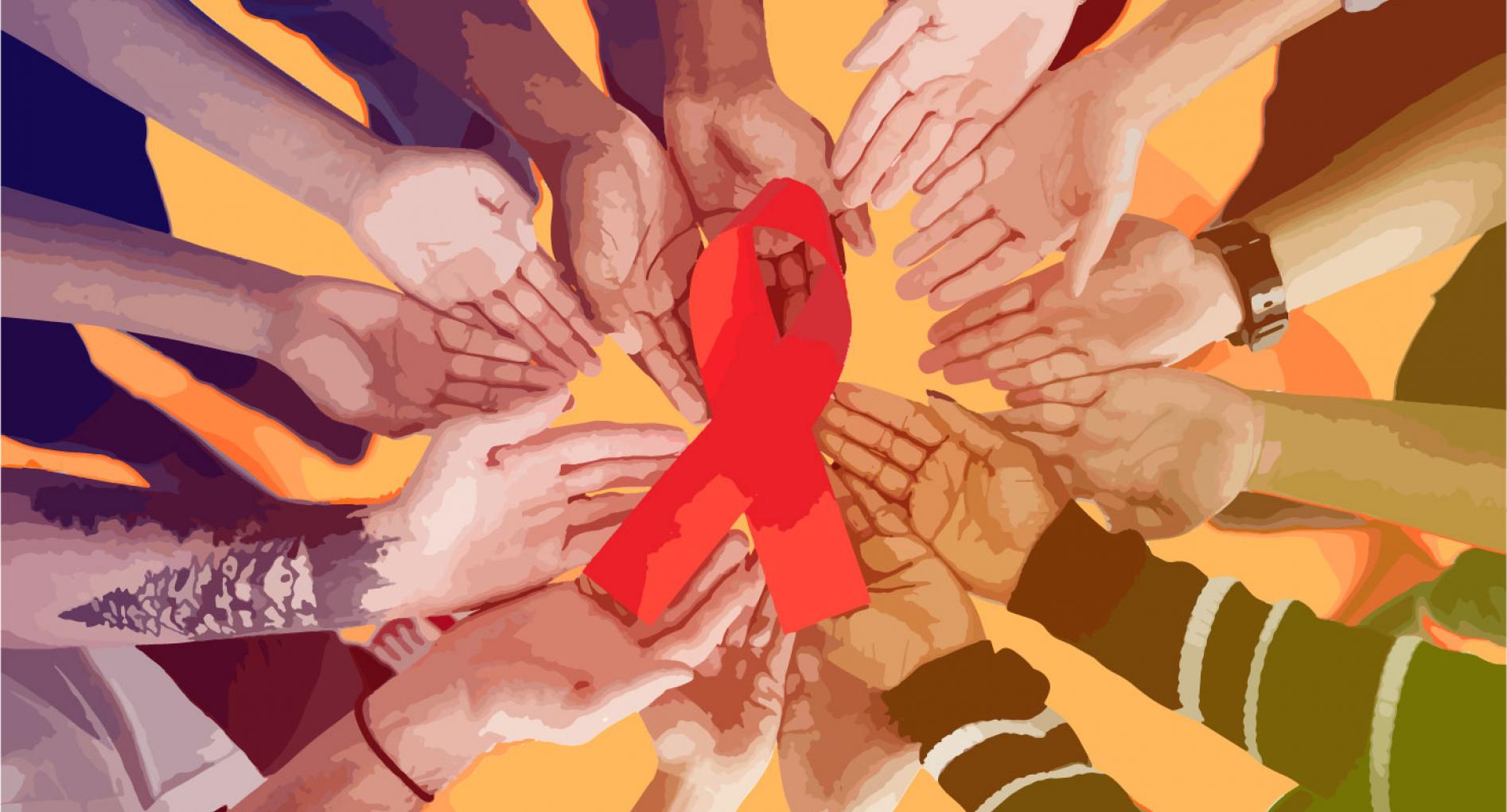
Abstracts can be submitted under the following categories:
- HIV Treatments in Adolescents
(Definition: studies of antiviral agents including drug resistance, adherence, side effects, growth outcomes, regimens optimization, rapid start, guidelines)
- HIV Prevention in Adolescents
(Definition: studies including pre- and post-exposure prophylaxis, long-acting agents, vaccines, monoclonal antibodies, implementation of prevention strategies)
- HIV Care in Adolescents
(Definition: studies including service delivery models, access to care, HIV services, point-of-care tests, diagnosis, telehealth, the impact of pandemics and emergencies on HIV care)
- Mental Health and Psychosocial Support
(Definition: studies including post-traumatic stress disorder, counselling interventions, stigma & discrimination, social context, neurocognitive impairments).
- COVID-19 in Adolescents
(Definition: studies including COVID-19 vaccines in adolescence, transmission, prevention measures, hesitancy to vaccines)
- Comorbidities/Co-Infections in Adolescents
(Definition: studies including the impact of comorbidities and coinfections)
- Education, Skill Enhancement
(Definition: studies including strategies, initiatives, and interventions in the community and schools)
- Inequalities & Violence
(Definition: studies including poverty, food, gender inequalities, violence, adolescent girls and young women)
- Social Protection, Livelihoods and Economic Empowerment
- Community Engagement and Social Behaviour Change Communication
- Other
- Background: A concise statement of the issue under investigation or a hypothesis;
- Material and Methods: The experimental methods used (including the statistical analyses employed);
- Results: Specific findings (promises such as "to be completed" or "to be presented" are not acceptable);
- Conclusions: A summary of findings that are supported by your results (statistical analyses used to support the conclusions, where appropriate, should be included; concluding statements such as "the results will be discussed" are not acceptable).
Please note that abstracts cannot be accepted if tables or graphs are included. The maximum word count for the abstract body is 350 words.
Abstracts are considered official communications to the workshop and will be treated confidentially. Submitters of accepted abstracts agree to attend the workshop and present their abstract(s) as scheduled.
VE and AME is the sole copyright holder of the workshop abstract book as a whole (also referred to as the Reviews in Antiviral Therapy & Infectious Diseases). The abstract authors will retain any and all copyright over their individual abstract. Information on copyright can be viewed in the abstract submission terms and conditions (see 'Terms and Conditions' above).
The members of the Organizing Committee are a group of carefully selected experts and inspirational leaders in their respective fields. They meet frequently to discuss the scientific program of the workshop, identify interesting topics and candidate speakers, and review all submitted abstracts.
Youth Reference Group
Scientific Committee
-
Job Akuno, Elizabeth Glaser Pediatric Aids Foundation, Kenya
-
Wole Ameyan, WHO, Switzerland
-
Sarah Bernays, University of Sydney, Australia
-
Tom Churchyard, Kwakha Indvodza, Swaziland
-
Chelsea Coakley, Triggerise, South Africa
-
Luann Hatane, PATA, South Africa
-
Missael Hotman, Youth LEAD / Inti Muda, Indonesia
-
Igor Kuchin, Y+, Russia
-
Zanele Mabaso, Sonke Gender Justice, South Africa
-
Aveneni Mangombe, Zimbabwean Ministry of Health and Children, Zimbabwe
-
Shirley Mark, UNICEF East Asia, Thailand
-
Zandile Masangane, Ministry of Health, Eswatini
-
Webster Mavhu, CeSHHAR, Zimbabwe
-
Nyaradzo Mavis Mgodi, University of Zimbabwe / University of California San Francisco, Zimbabwe
-
Boyd Mkandawire, Grassroots Soccer, Zambia
-
Linda Barlow Mosha, Makerere University-Johns Hopkins University Research Collaboration, Uganda
-
Lloyd Mulenga, Ministry of Health, Zambia
-
Saiqa Mullick, WITS, South Africa
-
Nicholas Niwagaba, In Their Hands (ITH), Uganda
-
Ikka Noviyant, Youth Lead, Thailand
-
Laura Bonareri Oyiengo, Ministry of Health, Kenya
-
Renata Sanders, Johns Hopkins University School of Medicine, United States
-
Wipaporn Natalie Songtaweesin, Chulalongkorn University, Thailand
-
Kossy Umeh, Y+, Nigeria
-
Marissa Vicari, IAS, Switzerland
-
Daniel Were, Jhpiego, Kenya
-
Nicola Willis, Zvandiri, Zimbabwe
The members of Scientific Committee are hand-picked by the Organizing Committee and the conference secretariat based on their significant contributions and commitment to the field. They assist the Organizing Committee by providing them with suggestions for speakers and topics. In addition, members of the Scientific Committee participate in reviewing submitted abstracts, and play an active role during the workshop as moderators and/or chairs of sessions.
Support Our Initiative
Financial backing helps us deliver an impactful meeting experience for the benefit of healthcare professionals and community representatives involved with adolescents affected by HIV.
This collaboration plays a vital role in both the organizational as well as the scientific success of the program. Supporters are not involved in the development of content or the selection of faculty.
To show your commitment to the cause and get in touch with us for a tailored support package, please contact Ms. Karin Siebelt at Karin.Siebelt@amededu.com or call +31 30 230 7147
Benefits of Support
By supporting this program, we can offer the following advantages for your company.* Please contact us for the most recent support level benefits for this program.
- Symposium opportunities
- Verbal acknowledgment during the program
- Discounted and complimentary registrations for your representatives
- Company acknowledgment on digital meeting materials including but not limited to newsletters, flyers, the streaming platform, and our website
- Company acknowledgment on printed meeting materials including but not limited to banners and the program book
- Digital and printed advertising opportunities
- Social media shout-outs
- Logo on the conference bag
*Subject to the support level
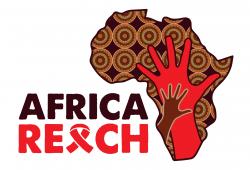
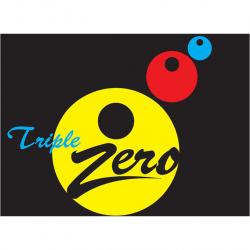
If you would like your organization to endorse HIV & Adolescence 2022, please contact Magda Sevlidou at magda.sevlidou@amededu.com
What Is Your Wish for Young People in the Future?
Why Do We Need to Get All Stakeholders Together in the Same Room?
Why Is it Important to Talk About HIV & Adolescence?
Previous Editions
- 5th Edition - International Workshop on HIV & Adolescence, 2021, Virtual
- 4th Edition - International Workshop on HIV & Adolescence, 2020, Virtual
- 3rd Edition - International Workshop on HIV & Adolescence, 2019, Kenya
- 2nd Edition - International Workshop on HIV & Adolescence, 2018, South Africa
- 1st Edition - International Workshop on HIV & Adolescence, 2017, South Africa
Top-Rated Materials from Previous Editions
HIV Cure - Deborah Persaud, MD
International Workshop on HIV & Adolescence 2021






